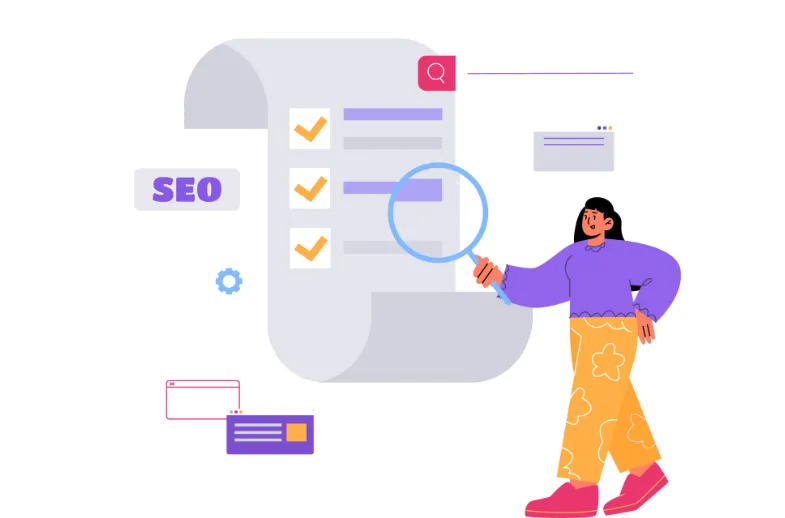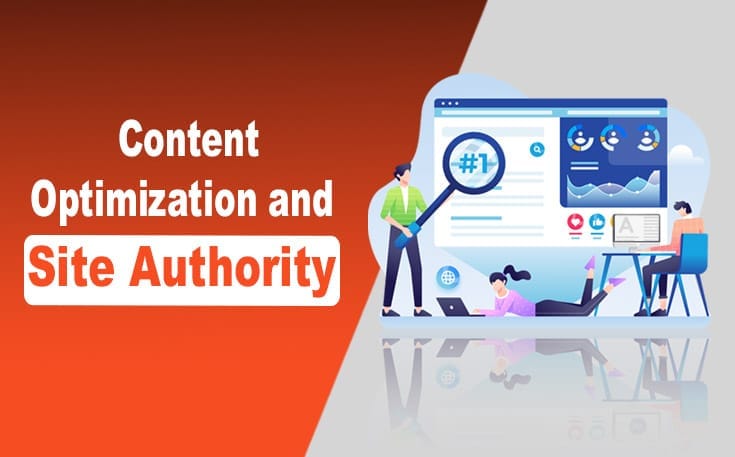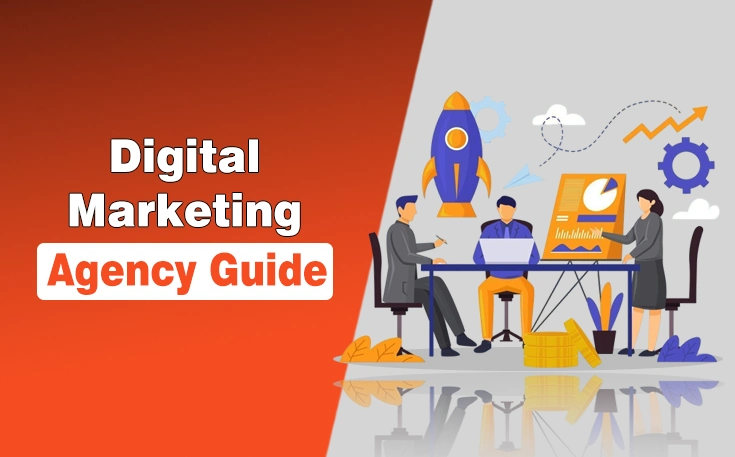From keyword stuffing in the early ’90s to user-focused content rising in the 2010s to Semantic SEO in the 2020s, SEO has come a long way. However, there is still one thing that hasn’t changed over this time: the importance of content optimization.
If there’s anything influencing your website’s visibility and digital appearance as much as site authority does, it’s how well your content is optimized. Even the most beautiful website will not be able to keep up without optimized content. In turn, no great content is complete without solid site authority to give it credibility.
Content optimization and site authority feed into one another for better positions in search engines. It is sort of interdependent: well-optimized content leads to good site authority, while good authority amplifies your content.
In this blog, I will look at how these two influence each other and some actionable tips for improving each.
Let’s dive into the details!
The Relation Between Content Optimization and Site Authority
Content optimization involves making sure your web pages are relevant to specific keywords and structured for users and search engines.
It will include the usage of proper keywords, engaging content, and formatting with headings, meta descriptions, and internal links. The reason behind this is to give clarity to the search engines and, therefore, enable them to rank your content for the correct queries.
Site authority, on the other hand, is the overall trust your website has. It comes from elements like links from highly reputed places, the age of your domain, and site security. More to the point, with SEO tools like Moz and Ahrefs, an authority score between 1 and 100 is given to websites. The higher the number, the stronger the authority.
These two concepts go in hand: when you optimize content, it becomes more engaging for users, reduces bounce rates, and earns backlinks. Those backlinks build the authority of your site, hence feeding back into your first point in your favor.
To learn more about how these factors interlink, check out this in-depth guide on the connection between on-page SEO and link Building connection, which breaks down how backlinks can amplify on-page SEO.

Why Optimized Content Improves Site Authority
A study by BrightEdge found that 68% of all online experiences start with a search engine. That shows just how important optimized content is when one wants better visibility and authority for his website.
Well-optimized content has a direct relation with user engagement and aids in creating a very strong foundation for site authority.
More Engaged Users
Optimized content in line with user search intent keeps your visitors on your site longer. This sends signals to the search engines through relevance, improving rankings. The more users stay engaged, the lesser the rates of bounces and the higher the chances of conversions, further increasing the authority of your site.
Building Quality Backlinks
Well-optimized, high-quality content tends to be referenced by other sites more often, therefore improving your backlink profile. Backlinks from reputable sources are considered some of the most important elements by search engines when determining a site’s authority for ranking higher.
Structured Content Impact
With proper use of headings, meta tags, and internal linking, it will be easier for search engines to crawl and understand the content. A clear structure makes it easy for the search engine to judge the relevance and quality of a site and develop credibility and authority over time.
You may also like to read What is Off-Page SEO? How it Can be Helpful For SERP
How Site Authority Enhances the Impact of Content Optimization
Now, consider two sites, one with 85 DA and another with 25 DA. Both of them publish quality content on the same topic.
With higher authority, the first website is likely to show up in the SERPs for highly competitive keywords, too, because search engines know it better.
And this is how site authority amplifies the impact of optimized content.
Increased Ranking Potential
A site commanding much authority will have its content better positioned on SERPs. In fact, according to RockContent, a domain authority of 50 and above is considered good by Google. That means even the very well-optimized content from a lower authority site is never going to rank well for competitive terms.
Gain more trust
Search engines like Google have a soft spot for authoritative sites because they are supposed to be more trustworthy. When your website is considered an authority, anything you publish stands the chance of being trusted and earning a better ranking, outpacing other competitors with lower authority.
Faster Indexing and Crawling
With higher authority, sites are indexed faster by search engine bots, meaning that new or updated content on a high-authority website will reach its audience faster and fully use the power of content optimization.

Actionable Tips to Improve Site Authority
Is it possible to improve site authority? Of course, here are some proven strategies to raise the authority of your site and finally fix your SEO performance.
1. Build Quality Backlinks
The best way to gain site authority is through quality backlinks from reputable sites. There is the guest blogging activity, meaning placing great content on another site in return for a backlink.
Collaborations with influencers or industry leaders, plus creating shareable content, like infographics or in-depth guides, will attract backlinks. According to Ahrefs, over 91% of web pages do not have incoming organic traffic because of the lack of backlinks. It underlines just how important this tactic really is.
2. Focus on UX
Search engines make algorithm decisions based on user experience and rank websites based on real users’ experiences. An open, mobile-friendly website with great navigation can help keep visitors for a longer time and make them interact with your content.
The Core Web Vitals by Google measure page speed and direct user interaction that could directly impact your ranking, amplifying site authority even further.
3. Keep Content Updated and Optimized
Keeping your content fresh and relevant is important to retaining authority. Keeping your blog posts, guides, and web pages updated regularly tells the search engines that your site is active.
In fact, Google prefers frequently updated sites by placing them higher in the rankings. This is confirmed by HubSpot, which states that companies that blog regularly receive 55% more website visitors compared to companies that don’t.
4. Strategic Internal Linking
Internal linking spreads “link juice” throughout your website to give it higher page authority. Lining up high-authority pages to newer ones, at least less authoritative, will help the search engine learn how the hierarchy of relevance for your content works.
5. Secure Your Website (HTTPS)
Site security is important in building trust. Ditching HTTP for HTTPS will cue both users and search engines that your site is secure. Google even gives a slight ranking boost to those sites that are HTTPS-secured, helping you improve site authority.
Through these tips, you can improve your site authority over time, thereby improving the visibility and ranking potential of your website.
The Role of Social Signals in Building Site Authority
What are Social Signals?
Social signals refer to likes, shares, and comments within a social media network. While none of these activities are direct ranking factors for search engines, they can indirectly enhance site authority by increasing the rate of traffic to your site and encouraging backlinks.
The more a piece of content is shared, the greater its potential for being linked to other sites, hence increasing its authority.
How to Leverage Social Media
You can promote your optimized content with the help of social media and share it with your audience for increased traffic and potential backlinks.
Here are the tips:
- Distribute your content across several platforms to ensure maximum reach.
- Interact with your following by responding to comments and questions.
- Make sure to use pretty images, videos, or infographics, which will add much value to shareability.
- Run social media campaigns featuring the correct hashtags to increase your brand’s visibility.
- Partner with influencers or industry leaders that help your brand reach new audiences.
Final Thoughts
Content optimization and site authority are directly related to each other and can have a great impact on website’s ranking.
In improving your website’s SEO performance, high-quality content and building up site authority are crucial. Paying attention to high-quality content and boosting site authority will bring long-term success to search engines. A balance of both is what you need and upward will go your SEO results.





